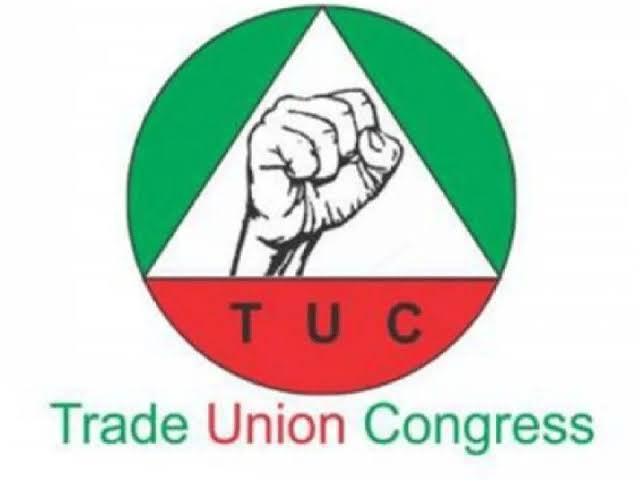The Trade Union Congress (TUC) has identified naira devaluation as the primary reason for the high fuel price in Nigeria.
TUC President, Festus Osifo, stated this on Channels Television’s Politics Today programme on Monday, emphasizing that the real problem is not the removal of fuel subsidy in May 2023 by President Bola Tinubu, but rather the devaluation of the naira by the current administration.
Osifo, also the president of the Petroleum and Natural Gas Senior Staff Association of Nigeria, explained that petrol would be selling at around ₦350 if the naira was not devalued simultaneously with the removal of petrol subsidy last year. He said, “The ultimate elephant in the room is devaluation… It is about the exchange rate and that is what we have propounded over time.” The naira’s value declined from around ₦700/$1 to over ₦1,600/$1.
The TUC has called on the Central Bank of Nigeria and the Nigeria Customs Service to grant a special foreign exchange rate to the Nigerian National Petroleum Company Limited (NNPC). With a special forex rate of about ₦1000/$ instead of the ₦1,600/$ official rate, the cost of petrol importation by the state-run company will crash, and fuel prices will drop to around ₦600 from its current pump price of over ₦900.
Osifo noted that the subsidy is still being shouldered on petrol by the NNPC despite the fresh adjustment of petrol pump price from around ₦600 to over ₦900. He suggested that giving a special rate to NNPC would eliminate the need for subsidy payments. “If you give a special rate to NNPC, you don’t need to pay for subsidy anymore. The same special rate that was given to Dangote (Refinery) to sell, a special rate was given,” Osifo said.
The TUC boss warned that if the government does not take immediate action, the effect of the fresh hike in petrol prices will have far-reaching consequences, including job losses and companies folding up. He stated that the organs of the TUC would meet to decide the way forward should the government fail to revert petrol prices to around ₦600. Industry groups, including the Nigerian Association of Chambers of Commerce, Industry, Mines and Agriculture (NACCIMA), the Lagos Chamber of Commerce and Industry (LCCI), and Nigerian Employers Consultative Association (NECA), have also expressed concerns about the impact of the fuel price hike on the economy.


